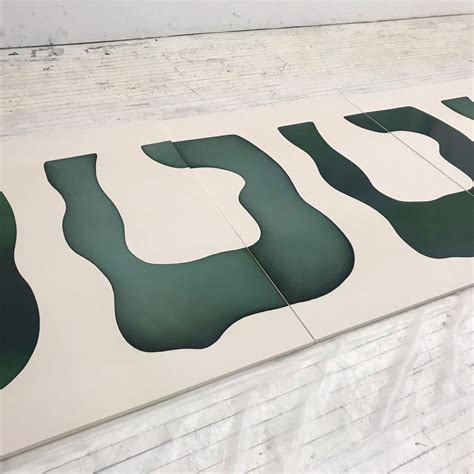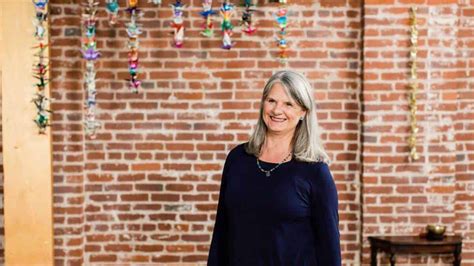A Quote by Christen Press
I think I approach pressure by having discipline and learning to be calm in everyday life. I do this with a daily mindfulness practice and commitment.
Related Quotes
You are a Buddha, and so is everyone else. I didn't make that up. It was the Buddha himself who said so. He said that all beings had the potential to become awakened. To practice walking meditation is to practice living in mindfulness. Mindfulness and enlightenment are one. Enlightenment leads to mindfulness and mindfulness leads to enlightenment.
The ideas of non-duality and mindfulness that I address in my works are things I try to practice in my daily life. Both in and outside of the studio, it's about trying to be fully present, to accept things as they are, to frame your experience in terms of a continually unfolding moment. I feel like that's directly reflected in my formal approach: utilizing a literal use of materials, emphasizing the more ephemeral aspects of the artistic process, and so on.
The Buhha was a monastic, but the practice of mindfulness in the context of any lifestyle is one of renunciation. Every moment of mindfulness renounces the reflexive, self-protecting response of the mind in favor of clear and balanced understanding. In the light of the wisdom that comes from balanced undertanding, attachment to having things be other than what they ar falls away.
There are some surprising payoffs with only a few minutes' practice, like eliminating the loss of concentration that multitasking usually brings. Short daily mindfulness practice in beginners also improves memory, to the point that a group of students who volunteered for a study got significantly better scores on their graduate school entrance exams.




































